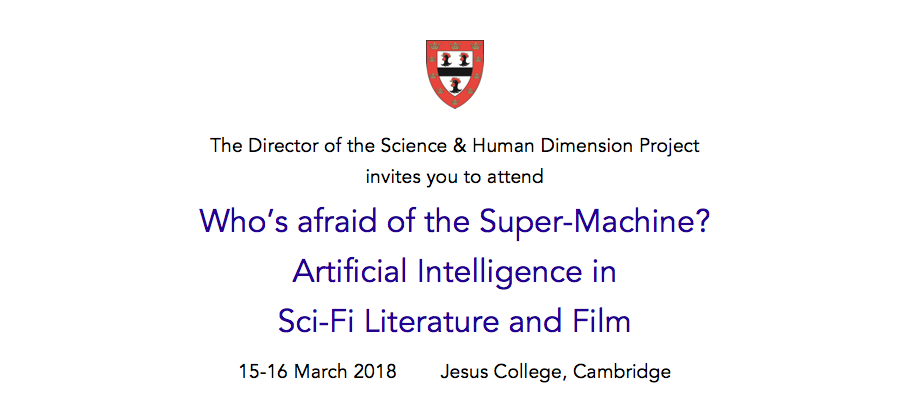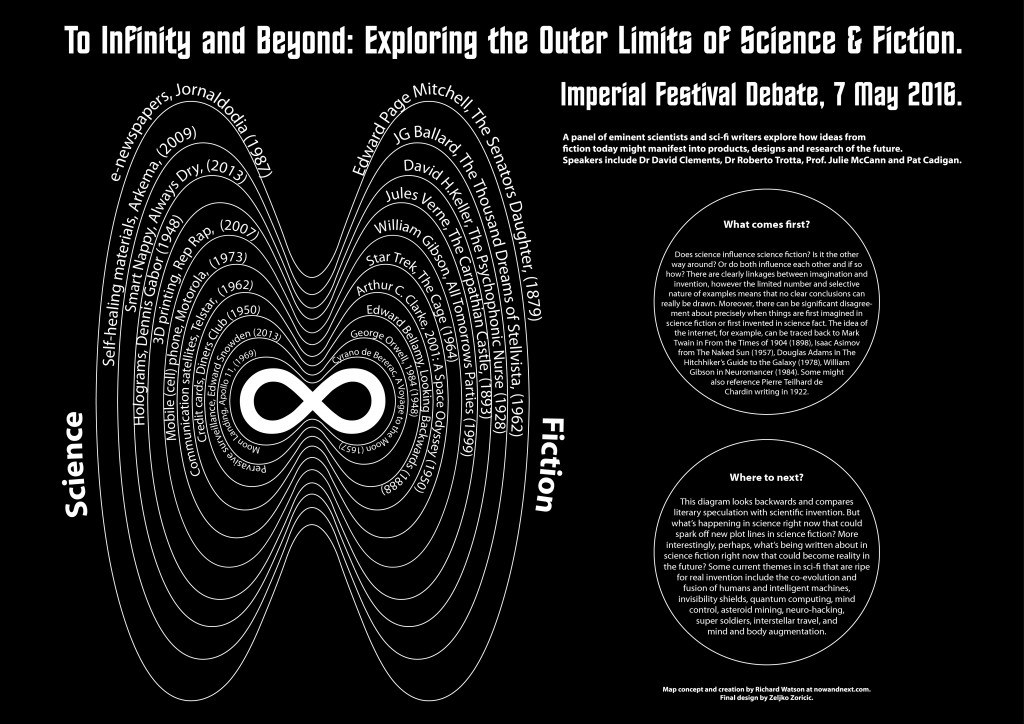@dkbooks


Pre-order the future here. Publication date in the UK is June 5. US is June 25 I believe.
https://www.dk.com/uk/book/9780241647479-the-childrens-book-of-the-future

 Typical. You think you’ve invented something brilliant and within a matter seconds find out it’s been around for years. I’m working on a timeline to celebrate 70 years of teaching humanities at Imperial College London (I know, who knew right?) and I’ve been speculating about things that might happen over the next 70 years. One entry was going to be ‘Sci-Po (science poetry or science fiction poetry) becomes a wildly popular course’. Been around for decades! There’s even a society dedicated to the genre that’s been going since 1978. Loads about science and technology poetry elsewhere online too,
Typical. You think you’ve invented something brilliant and within a matter seconds find out it’s been around for years. I’m working on a timeline to celebrate 70 years of teaching humanities at Imperial College London (I know, who knew right?) and I’ve been speculating about things that might happen over the next 70 years. One entry was going to be ‘Sci-Po (science poetry or science fiction poetry) becomes a wildly popular course’. Been around for decades! There’s even a society dedicated to the genre that’s been going since 1978. Loads about science and technology poetry elsewhere online too,
On other matters, I’ve been thinking about how one can look at things from a very great distance in the sense of removing oneself from the deluge and detail of everyday drugery and see things from afar, especially big themes, patterns, shifts, trends and so on. I know from personal experience that one way to do this (on a country or regional level at least) is to live somewhere else for a significant time and then come back. I’m sure the use of psychedelics could work too (and who knew that Imperial had a department focussed on that!?!).

Film screening at the Royal College of Art next week….
This is getting ridiculous. I keep making jokes (in print) that come true or at least get seriously discussed. How far-fetched do you now have to make things in order that they remain fiction or speculation? I had the idea of people digging up landfills to recycle pastics into fuel back in 2006 (it appeared in my book Future Files in 2007). See above. Last week I saw this…see below.
 This is going to be fun…
This is going to be fun…
Science & Human Dimension Project.
Just spent a couple of days with the Ministry of Defence trying to work out what the world might look like 30 years hence (2046). Lots of really interesting people around. Best bit was probably my science fiction writer friend who said that he really couldn’t deal with it because he couldn’t get his head around such a short time frame.
 Couple of public events people may be interested in. The first is Hackstock this Friday. It’s at The Trampery, 239 Old Street in London and it’s part of the London Sci-Fi Festival. I’m in conversation with science fiction author Lavie Tidhar. The second event is on May 7 and it’s a panel death about what’s next in science and fiction. If you’re a fan of Sci-Fi you really should come along. I’m moderating.
Couple of public events people may be interested in. The first is Hackstock this Friday. It’s at The Trampery, 239 Old Street in London and it’s part of the London Sci-Fi Festival. I’m in conversation with science fiction author Lavie Tidhar. The second event is on May 7 and it’s a panel death about what’s next in science and fiction. If you’re a fan of Sci-Fi you really should come along. I’m moderating.